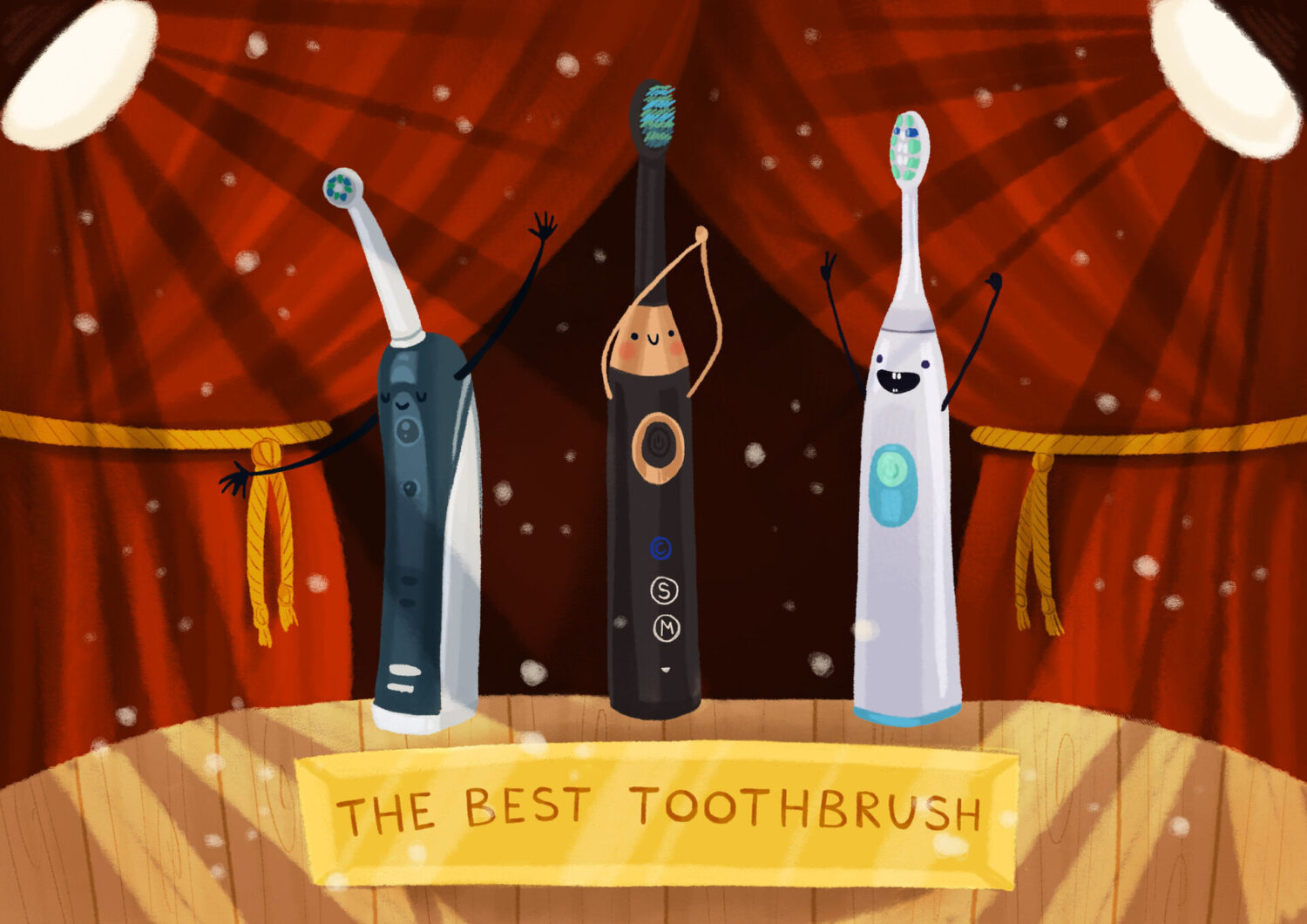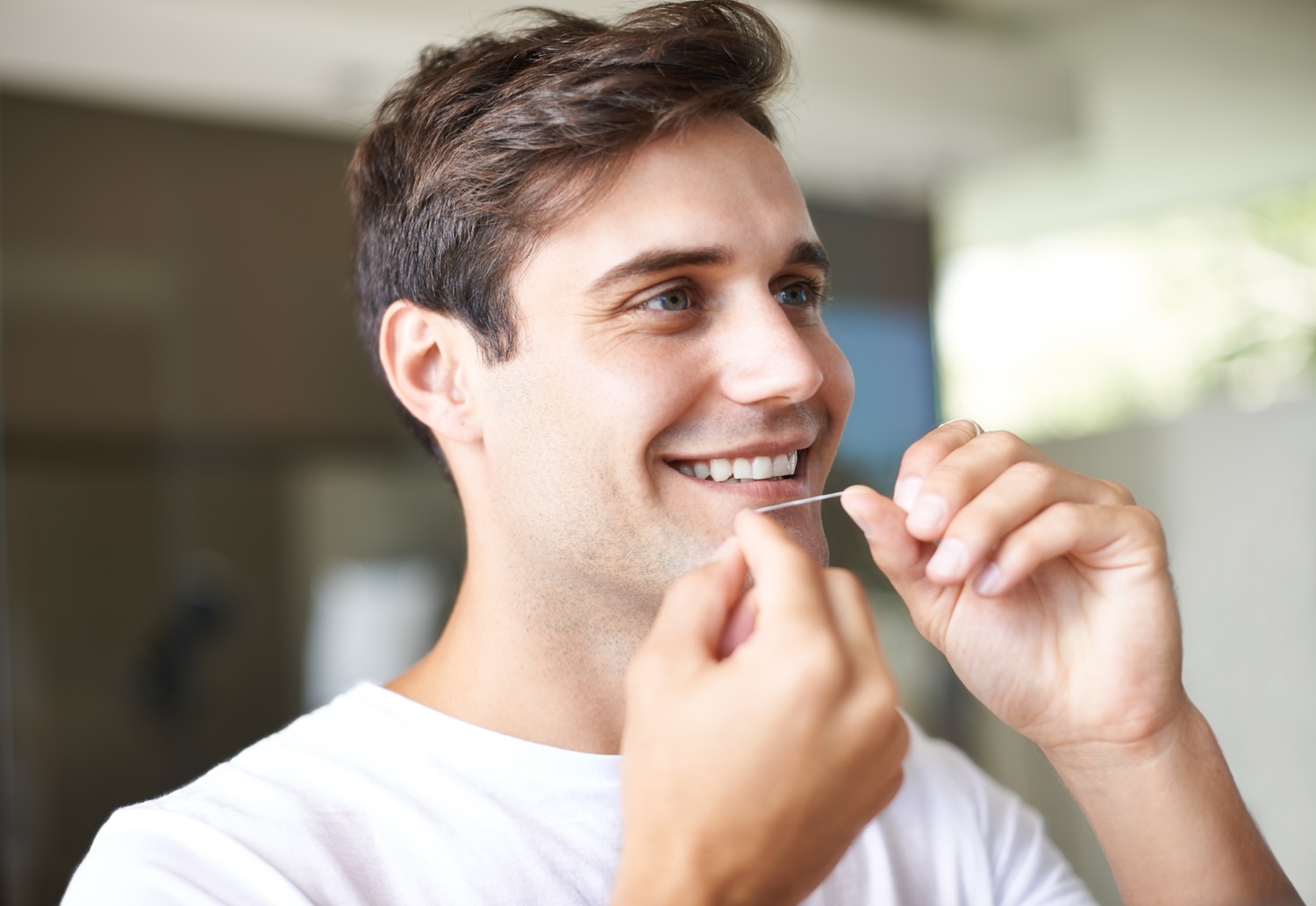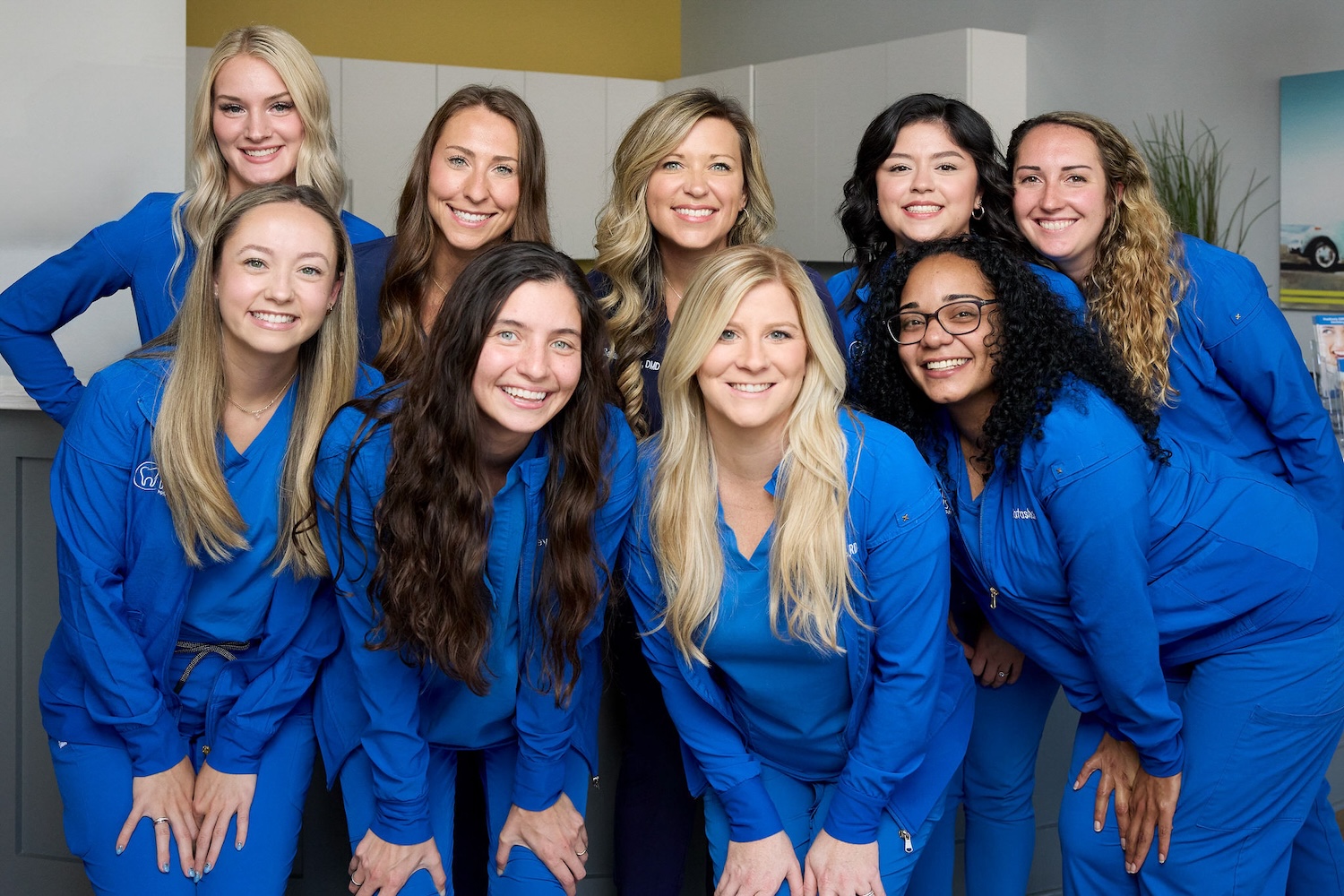In this post, we explore the benefits of electric toothbrushes and how they can help improve your oral hygiene routine.
Is a Waterpik Better Than Traditional Flossing?

There is a multitude of fancy dental tools on the market that claim to better your oral health. One you may be curious about is the Waterpik® water flosser. As you know, flossing is a key part of your daily oral care routine. In this blog post, we’ll get to the bottom of claims that a Waterpik water flosser is superior to traditional floss, and we’ll help you decide what form of flossing is best for you.
Waterpik 101
A water flosser, or oral irrigator, is an easy-to-use device that you plug in beside your sink, fill up with warm water, and use to clean between your teeth with a stream of pressurized water. Using various tip attachments, a water flosser can jet water between your teeth, stimulate your gums, and remove food particles and debris from hard-to-reach spaces, especially for those with braces. The Waterpik is clinically proven to be effective and has earned the American Dental Association’s Seal of Acceptance. However, they can be a bit pricey up front!
What About String Floss?
String floss is inexpensive, portable, and also proven to be effective at cleaning out the tight spaces between your teeth. Traditional dental floss has been depended on for decades, long before electricity could power a water flosser. In fact, the first string floss appeared sometime in the early 1800s and was made of silk. Notwithstanding a few design changes, string floss hugs your teeth to scrape away plaque and remains a reliable tool to keep on hand in your medicine cabinet.
And the Winner Is…
Actually, we recommend a combination of both water flossing and string flossing (in conjunction with daily brushing, of course!) for optimal dental health. First, use string floss to loosen plaque and food particles, then flush them away with the Waterpik, and follow up with brushing for two minutes using a fluoride toothpaste. But overall, no matter your individual routine, the most important thing is that you do floss in some form every day.
Keep Up with Your Preventive Oral Care
Flossing is essential and will help you achieve a clean that brushing alone just can’t. Down the road, you’ll be glad you made it a habit, as you’ll avoid issues like bad breath, tooth decay, and gum disease. Biannual dental visits are also critical aspects of a proper preventive oral care routine! Contact us today to schedule your next checkup and cleaning.









